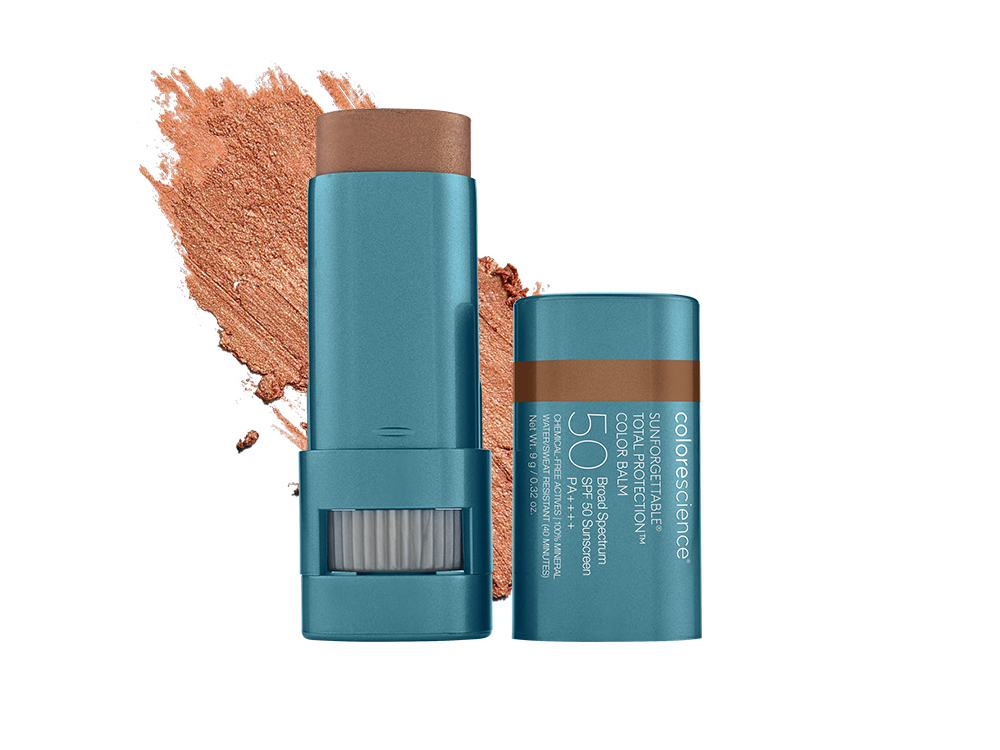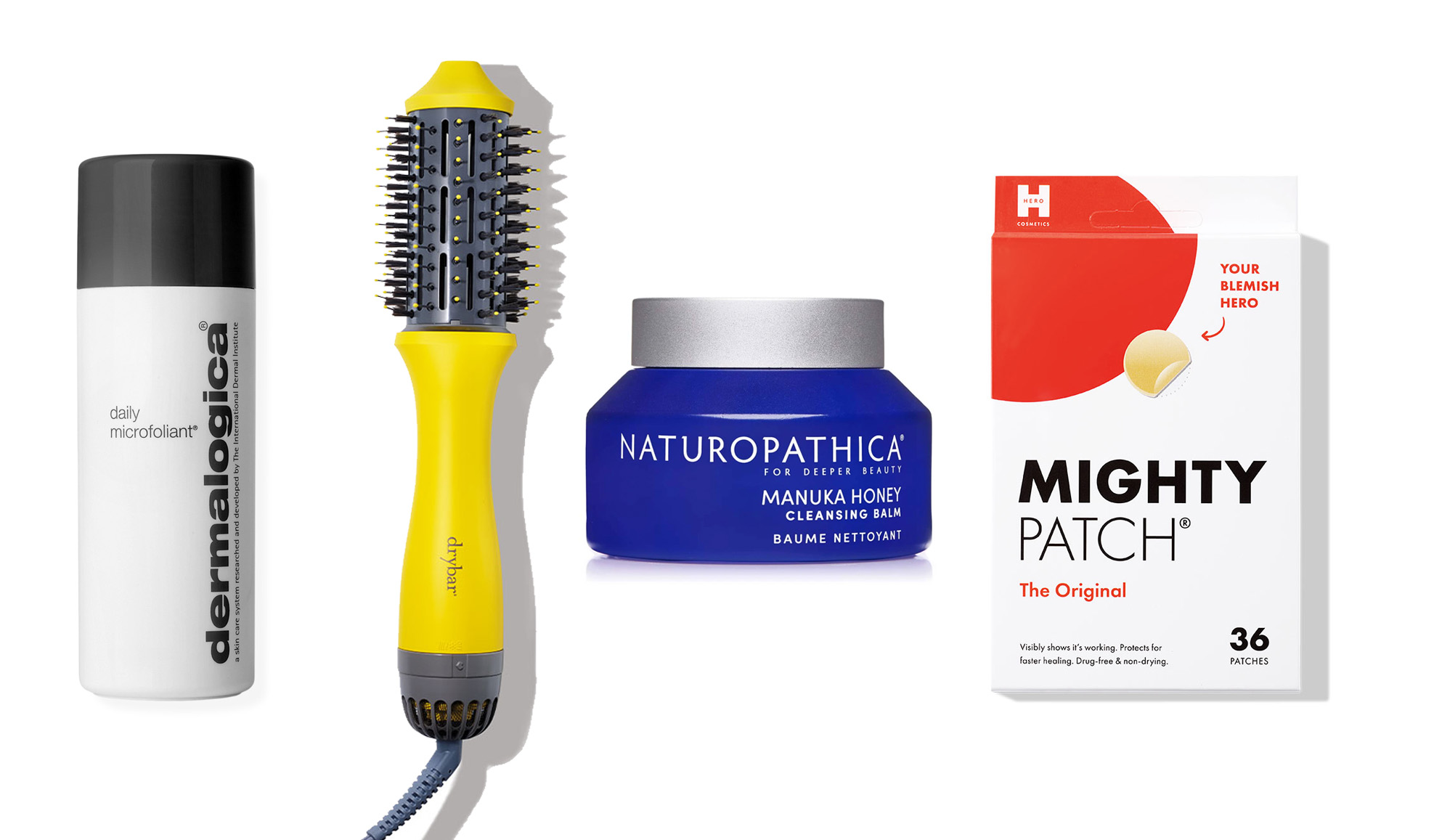From ChatGPT to TikTok filters and more, AI is truly everywhere. While the idea of artificial intelligence can be scary for many, the benefits of this advanced form of technology are endless, especially when it comes to the world of medicine. While there are some things that will always need a human mind, AI technology has proven profoundly useful in several sectors of medicine, specifically disease detection.
Just this week, an innovative new AI-powered device called DermaSensor has gained FDA clearance for the noninvasive detection of and testing for all three of the most common skin cancers, marking a huge shift in the reliance on AI technology for pinpointing pervasive conditions.
FDA-Approved DermaSensor: What to Know About the New Device
In a BusinessWire press release for DermaSensor’s FDA clearance, the outlet noted that even though 99 percent of skin cancers—even melanoma—are curable if detected early, a major roadblock for many individuals in addressing skin-cancer concerns has long been access to dermatologists. While people bring up suspicious moles or discolored skin to their primary care practitioners, it’s often too difficult for PCPs to accurately make judgements with the naked eye.
But now, DermaSensor’s FDA clearance has allowed for 300,000 PCPs across the country to utilize the device’s AI technology to “provide quantitative, point-of-care testing for all types of skin cancer,” including melanoma, basal cell carcinoma and squamous cell carcinoma. How does it work, though? According to the press release for the clearance, “DermaSensor’s AI-powered spectroscopy technology non-invasively evaluates cellular and subcellular characteristics of a lesion in question for skin cancer. The wireless, handheld device then provides an immediate, objective result using an FDA-cleared algorithm.”
In terms of efficacy, the FDA conducted a study of more than 1,000 patients across 22 study centers to test the device’s performance, and the results showed that the device had a sensitivity of 96 percent across all 224 skin cancers. A complimentary study also found that the “DermaSensor device was found to decrease the number of missed skin cancers by half (from 18% to only 9%),” thus “increasing the physicians’ accuracy and confidence in assessing cancerous lesions.”

















